Last three German nuclear plants power down

Saturday, April 15, marked the end of the six decade long German nuclear energy era with the closure of the country’s last three plants.
Furthermore, the initial decision for Germany to end its nuclear energy production came in 2011, shortly after the Fukushima accident. The original plan was for the country’s last plants to be put off grid by 2022, but the energy crisis created the need for an extension.
Moreover, the decrease in natural gas imports from Russia in 2022 pushed Germany to ramp up its coal-fueled energy production and the need for alternative methods to be used.
During the past year, Germany has primarily focused on filling existing gas storage as well as creating new infrastructure for the import of liquefied natural gas (LNG). In addition to this, Chancellor Olaf Scholz has called for four to five wind turbines to be installed a day over the next few years, with 551 installed last year.
The country’s goal is to end its coal-fueled energy production by 2038 and have 80% of its total energy produced by renewables by the end of the decade.
Sources: edition.cnn.com, www.aljazeera.com, www.france24.com
Want to read more like this story?
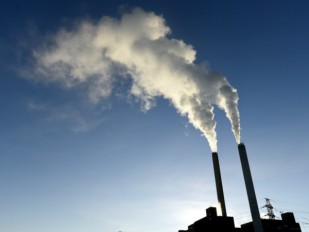
Finland is banning coal for energy production by 2030
Jan, 11, 2017 | NewsIt is set to become the first country to bring such a law It is set to become the first country t...
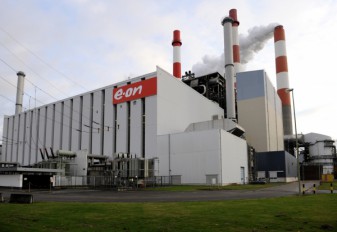
Belgium has stopped producing energy from coal burning
Apr, 11, 2016 | NewsThe country’s last coal power plant in Langerlo closed at the end of March The country&rsqu...
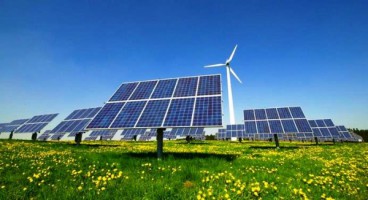
Maybe RES Do Not Need Energy Storage!
Nov, 03, 2015 | NewsRenewable Energy Sources have the largest part in the electrical power that is installed each year a...
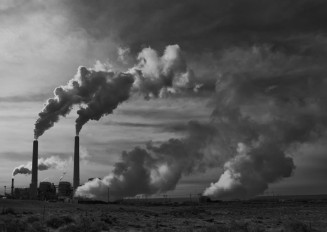
The Netherlands to face out coal-generated power by 2030
Oct, 26, 2017 | NewsThe government has committed to close all coal plants, including three that were completed just a co...

A Danish wastewater treatment plant produces more energy than it consumes
Jan, 26, 2017 | NewsMarselisborg WWTP has energy self-sufficiency above 100 % and the plant is in fact a power station...

No Other Charcoal! Wind Energy Is Cheaper!
Jun, 15, 2015 | NewsWind energy could provide part of the solution to exit the crisis in Greece, but for such long-term...

Japan votes to allow nuclear plants to operate beyond 60 years
May, 31, 2023 | NewsJapan passed a law on Wednesday allowing nuclear plants to operate beyond 60 years if safety condit...
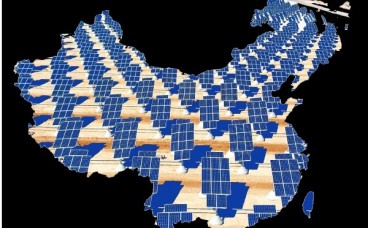
China is the world's biggest producer of solar energy by capacity
Feb, 16, 2017 | NewsThe country’s solar power capacity almost doubled in 2016 The country’s solar power c...

Renewable energy generation surpassed fossil energy for the first time during winter in the EU
Apr, 27, 2023 | NewsA study by the Ember energy think tank revealed that renewable energy generation accounted for more...
Trending

Vertical gardens in Mexico City to combat pollution

Saudi Park Closed After 360 Big Pendulum Ride Crashes to Ground, 23 injured
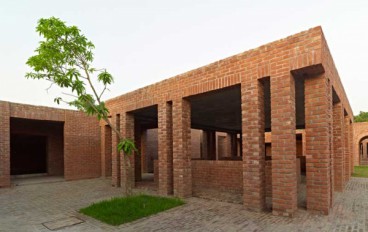
Characteristics of Load Bearing Masonry Construction

Taipei 101’s impressive tuned mass damper
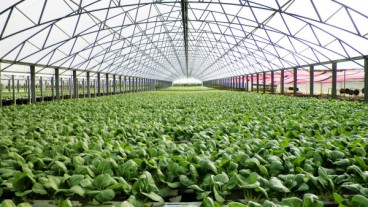
Dutch greenhouses have revolutionized modern farming

Federal court rules Biden’s offshore drilling ban unlawful


